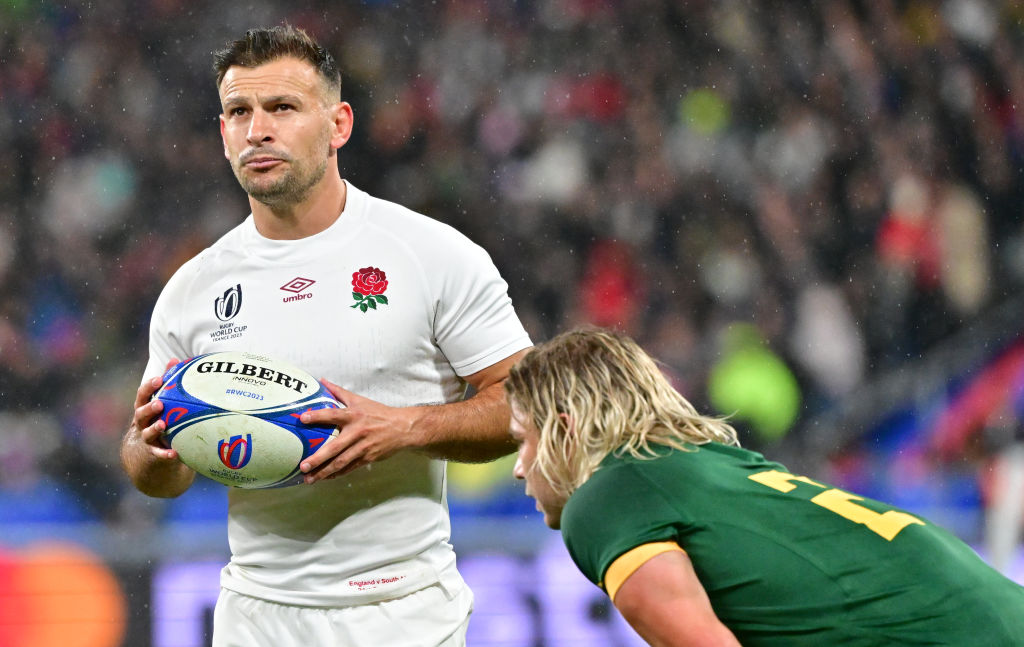England: Where does team go now after Rugby World Cup exit?

England produced their best performance of the Rugby World Cup on Saturday but fell to a 16-15 defeat at the hands of reigning champions South Africa in Paris. Here are three takeaways from the hard-fought semi-final.
Beef with O’Keeffe
Scrums are difficult things to understand at the best of times but on occasion the dark arts of two groups of eight men clashing with one another with force reveal themselves.
England were unlucky not to get a decision out of referee Ben O’Keeffe in the final minutes when former Saracens prop Vincent Koch clearly angled in on his opposite number Ellis Genge yet won the call.
But matches so often appear to be decided on one decision when in fact they’re not.
The game changed when the replacement front rows came into the mix; Genge and Kyle Sinckler unable to match the might of Koch and Ox Nche in the latter stages.
Nche was a monster at the set piece and was a game changer for a South African side who looked uncharacteristically off the pace.
What is clear is that England’s depth at prop will undergo a revolution between now and the next World Cup with the likes of Dan Cole and Joe Marler set to be out of the picture.
But whether head coach Steve Borthwick starts afresh or looks to develop the likes of Genge and Sinckler further remains to be seen.
Bok headspace
Never in this World Cup have the Springboks looked so deflated in a match. Their recovery from down and out to World Cup finalists was extraordinary, and much of that can be put down to the impact of their bench, but South Africa looked exhausted and emotionally drained.
Last weekend’s colossal effort to defeat the hosts France in the quarter-finals will be a symptom of that but many raised eyebrows when the management named an unchanged 23 for the semi-final.
Players like Cobus Reinach and Faf de Klerk at scrum-half offer different attributes to the Springbok game plan but both are interchangeable in their ability to control the breakdown.
Manie Libbok, having played much of the quarter-final, was substituted off on Saturday before half-time to make room for Handre Pollard – a player many thought would start despite his late call-up to the squad.
It was uncharacteristic of South Africa to play as they did, in the apparent headspace they were in, and a similar approach next week against New Zealand could prove more costly.
Borthwick vindicated?
The age-old question of Borthwick’s selection is now up for debate. Should he have picked such an experienced squad knowing he had little time to develop new players in the year he was in charge, or should have he taken an underdeveloped side – much like Australia and Eddie Jones did – knowing it would be a good experience for the side in four year’s time?
There is no right answer, but England got as far as many thought they would given the draw. But is that enough? A spot in the final would have vindicated Borthwick’s decision to go for experience over development, but matching expectations simply means fans will expect more next time when he has had four years to implement “Borthball”.
It is a difficult spot to be in for Borthwick, but from here on out it’s all on him. Fans won’t blame past regimes any longer.